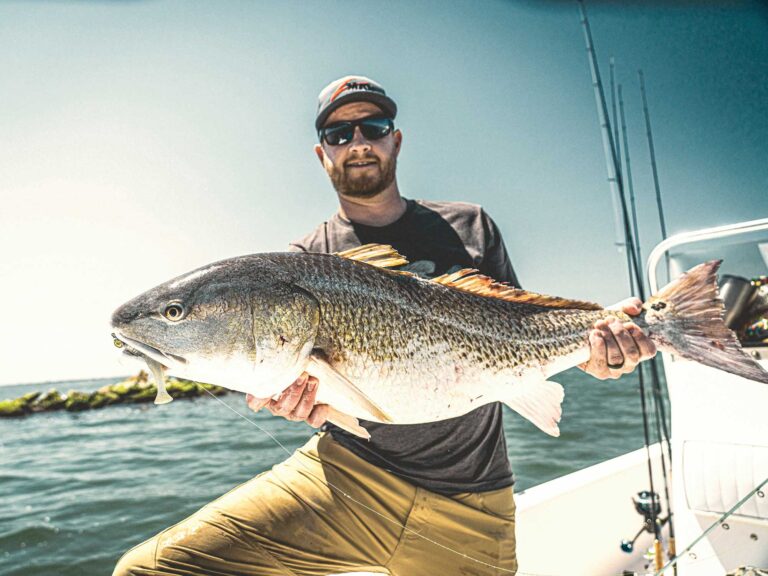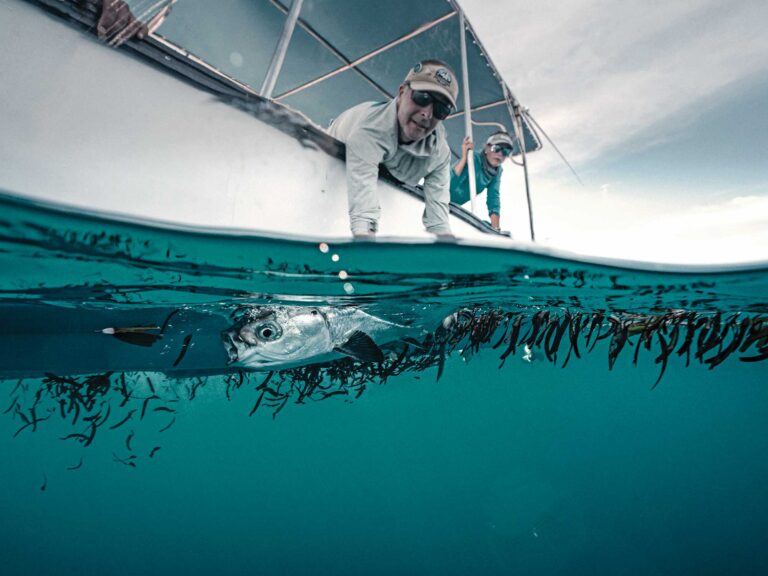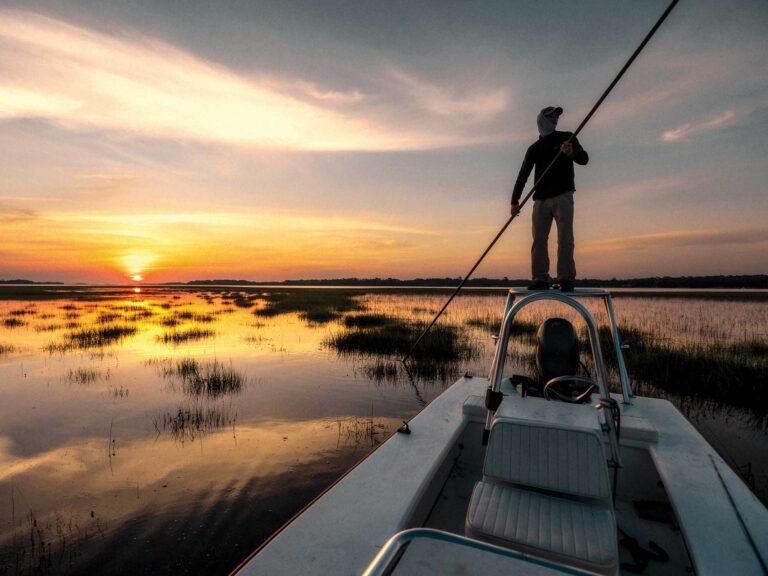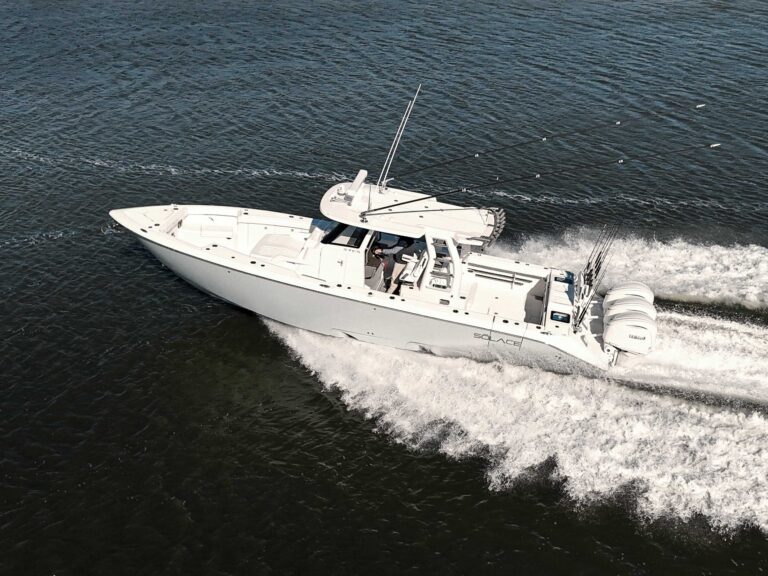This is a reminder that the Feb. 1 through March 31 closure that would have affected several species of grouper in Gulf state waters remains open and will not occur as it has in previous years. This closure was removed at the September 2013 meeting of the Florida Fish and Wildlife Conservation Commission (FWC).
A similar closure was also removed in federal waters shoreward of the 20 fathom line, or about 120 feet (excluding waters off Monroe County). To learn more about the federal closure, visit the NOAA Fisheries Southeast Regional Office at Sero.NMFS.NOAA.gov and click on “Fisheries,” “Gulf Fisheries,” “Reef Fish” and “Gag and Shallow-water Grouper Framework – Recreational Season.”
The closure would have applied to the following species: black, red, yellowfin, scamp, yellowmouth, rock hind and red hind.
The closure did not apply to gag grouper, which has its own season and opens April 1 through June 30 in state waters off Franklin, Wakulla, Taylor and Jefferson counties; and fromJuly 1 through Dec. 3 in all other state waters of the Gulf (excluding Monroe County, which is managed under the Atlantic season).
More information regarding Gulf grouper fishing regulations is available online at MyFWC.com/Fishing by clicking on “Saltwater Fishing,” “Recreational Regulations” and “Gulf Grouper.”
In addition, snook season reopens on Feb. 1 in Florida’s Atlantic coastal and inland waters (from the Miami-Dade/Monroe county line north), including Lake Okeechobee and the Kissimmee River. The season will remain open through May 31.
In the Atlantic, anglers may keep one snook per day that is not less than 28 or more than 32 inches total length, which is measured from the most forward point of the head with the mouth closed to the farthest tip of the tail with the tail compressed or squeezed while the fish is lying on its side. A snook permit is required to keep snook, along with a saltwater fishing license unless exempt from the license requirements. Only hook-and-line gear is allowed when targeting or harvesting snook.
It is illegal to buy or sell snook.
Snook are one of the many reasons Florida is the Fishing Capital of the World. As a result, the FWC encourages anglers to use moderation when determining whether or not to take a snook home, even during the open season.
Researchers ask anglers who harvest the fish to save their filleted carcasses and provide them to the FWC by dropping them off at a participating bait and tackle store. For the county-by-county list, go to MyFWC.com/Research and click on “Saltwater,” “Saltwater Fish,” “Snook,” and “Snook Anglers Asked to Help with Research.”
The harvest of snook in all of Florida’s Gulf of Mexico state waters, including Everglades National Park and Monroe County, will reopen March 1. Anglers may catch and release snookduring the closed season, but the FWC encourages anglers to handle and release these fish carefully to help ensure their survival upon release. Proper handling methods can help ensure the species’ abundance for anglers today and generations to come. To learn more about fish handling, visit MyFWC.com/Fishing and click on “Saltwater”, “Recreational Regulations” and “Fish Handling.”
For more information visit MyFWC.com/Fishing and click on “Saltwater,” “Recreational Regulations” and “Snook.”









